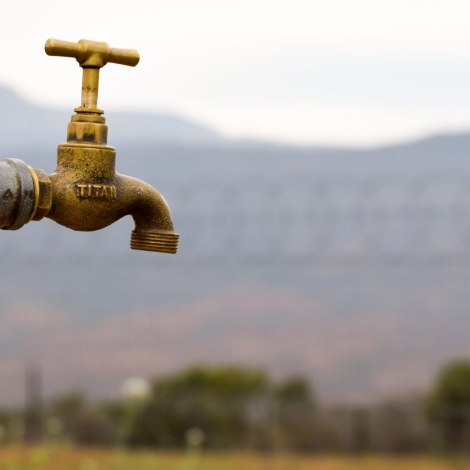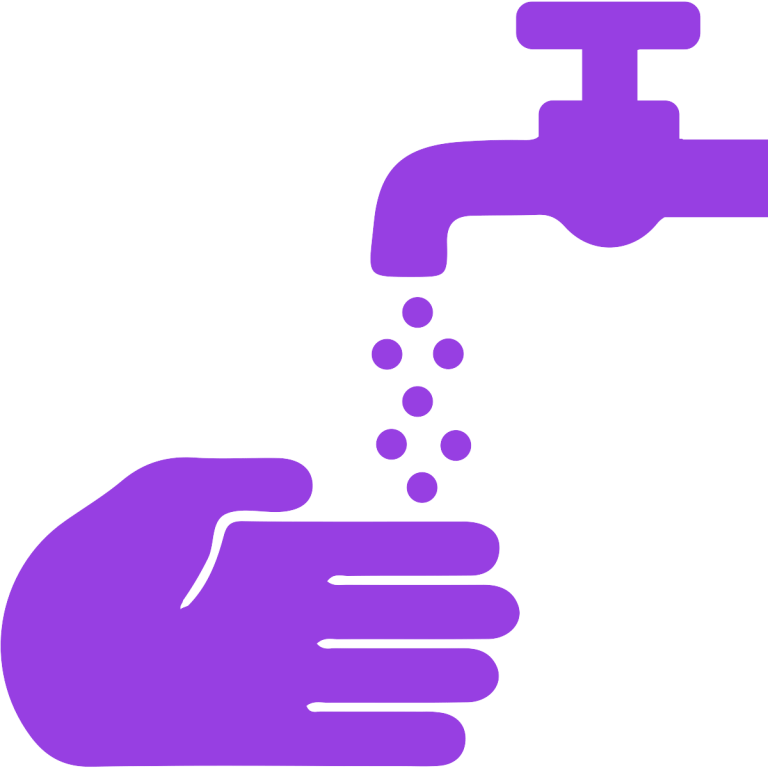In these uncertain times, it can be difficult to determine what is true and what is not. This includes the news from around the world for water, sanitation and hygiene (WASH). This article attempts to dispel nine myths that may have appeared in response to WASH events.
1. Systemic racism does not exist in international WASH publications
If you have not seen the news highlighting racism in international publishing, you might think that all peer-reviewed journals were created equal. A reseach team based in South Africa, Australia and Denmark brought this debate front and center on Twitter and on E4C, and they keep the conversation going on breaking racial barriers.
2. De-colonization of WASH knowledge is not the need of the hour
In continuation to the above, the Rural Water Supply Network shared an article by Euphresia Luseka. It caused an online furor on the state of relationships between the global South and global West when it comes to WASH knowledge. Two key sections from Euphresia’s article have been summarized well on the SuSanA forum. The author argues that, while the physical state of colonization is a thing of the past, it is still alive and well when it comes to the WASH knowledge. Also, “It’s 2020 and still it is puzzling how north donor organizations design strategies, policy documents, frameworks, guidelines and so on to guide Africa’s water sector and they are endorsed for sector practice with zero participation in authoring, editing or overall contributions by Africans, including those from their organizations,” the author writes. A new approach needs to be applied to not only systems thinking but also alleviate institutional biases.
3. Satire has no place in raising awareness
After the upsetting news from the above revelations, we could use a break provided by this article on How (not) to write about global health, by Desmond T Jumbam in BMJ Global Health Journal. The article was inspired by a famous satirical article by the Kenyan author Binyavanga Wainaina, “How to write about Africa,” and presents guidelines for how to write about global health poorly. “There has been little guidance on how to write about global health in a way that advances equity and justice. I present some guidelines for how (not) to write about global health,” the author writes.
4. The WASH sector is good at communication
In a recent article, IRCWASH’s guest blogger Sterenn Philippe explores questions she has had for some time. “I’ve always seen communications as a significant barrier to our progress towards Sustainable Development Goal 6 (SDG6, clean water and sanitation), yet one we rarely address,” Ms. Philippe says. This article in based on her recent work with water.org.
One of the key takeaways from this article is the interviewee’s statement, “Take the time to understand your stakeholders. Understand their position, what they value, what they need. Don’t just give what you have, give what they require.” The article also provides a useful link to WHO Communications Framework for effective communications, which presents guidance.
5. Finance is not a barrier in WASH
A recent article in E4C, “Overcoming Financial Barriers to Household Water Connections in Ghana,” by Safe Water Network’s (SWN) Jonathan McGrath says that convenience drives water sales in Ghana and India. SWN believe household water connections are critical to the long-term success of the water supply in Ghana for two reasons. They allow customers to consume more safe water, and they ensure a sustainable delivery of the water service as providers earn more revenue. As data from Nobewam village in Ghana’s Ashanti region, where a program for a community that achieves maximum HHC capacity become available, SWN will track results to see if systems built with sustainability and resilience in mind ensure that safe water can continue to flow for those who need it most.
6. Household water debt exists only in developing countries
In case you thought this were true, I invite you to listen to this piece in Circle of Blue, which investigates the scale of customer water debt burdens in large US cities. The article says that most Americans give little thought to their water bills, paying them on time and in full. But for a subset of people in this country, water debt is a constant and menacing presence in their lives. In this investigation of a dozen major US cities with publicly operated water utilities, Circle of Blue found that, collectively, the cities represented more than $1 billion in past-due water bills by 1.5 million customers. The publication’s article on nine things to know about the household water debt explains further, ending on the note that we still know very little about household water debt.
7. WASH is a recognized human right for everyone
July 28 marked the 10th anniversary of the declaration of water and sanitation as a human right. The right does not appear to extend to everyone, however. A recent randomized controlled trial titled ‘Enforcing Payment for Water and Sanitation Services in Nairobi’s Slums,’ discovered shortcomings in water access. And a social media outrcy suggests that the study may have employed ethically dubious methods to make the discovery. The study’s author worked with Nairobi’s water utility, Nairobi City Water and Sewerage Company, to cut off water to 97 households in Kibera, the largest informal settlement in the city. The outage lasted up to nine months as researchers investigated whether landlords would pay outstanding water bills.
The authors observe that “disconnecting public utility services from those that may need them the most may appear to be antipoor and regressive,” but continue to state that “the alternative of treating basic services as a ‘right’ may erode incentives for utilities to provide those services in the first place.”
Critics of the study, such as Socio-Economic Rights Institute of SA argue that, if you want to “foster a culture of payment,” provide quality affordable services. This article does a good job of summarizing the study, which has since been withdrawn from the National Bureau of Economic Research’s website.
8. Customer service is not a priority in WASH
This article in Water and Sanitation for the Urban Poor came at the heels of above study to present an opposite model and outcome: The virtuous circle of good customer service: experience from Mozambique. WSUP, in partnership with the Águas da Região de Maputo, the primary water utility in Maputo, implemented a Community Based Organization model for creating stronger service providers. This is a core strategic goal for WSUP’s 2020-2025 business plan, which requires development of scalable business models that allow services to be provided to low-income customers at a profit. Their collaborative approach resulted in an increase in bill collection rates from 50 percent in 2009 to 80 percent in 2016 in the newly served low-income areas. Additionally, a customer survey found that 59 percent of households considered the water bill a “reasonable price.” The model is being scaled up and implemented in 10 areas of the city. A further five areas are scheduled for inclusion this month.
9. WASH and climate change are not linked
An article in Climatelinks examines ‘The Catastrophic Intersectionality of WASH, Climate Change and the Coronavirus‘. The article quotes (as also stated by the WHO), “The provision of safe water, sanitation, and hygienic conditions is essential to protecting human health during all infectious disease outbreaks, including the COVID-19 outbreak.” Now we need to make the investments to ensure that people who lack access to water and soap will not suffer disproportionately from this pandemic due to this lack of access or their underlying health conditions stemming from WASH inequalities.
This IRCWASH article elaborates that strong WASH systems are climate resilient systems and the same capacities that help us adapt to COVID-19 can be used to face climate change, including addressing the existing financial gaps.
Note: In November, IRC and Water For People will publish a joint position paper on how they seek to address the threat of climate change, focusing on the contexts where they work, low-and middle income countries in Latin America, Africa and Asia with a focus on ensuring WASH services for everyone, forever.

